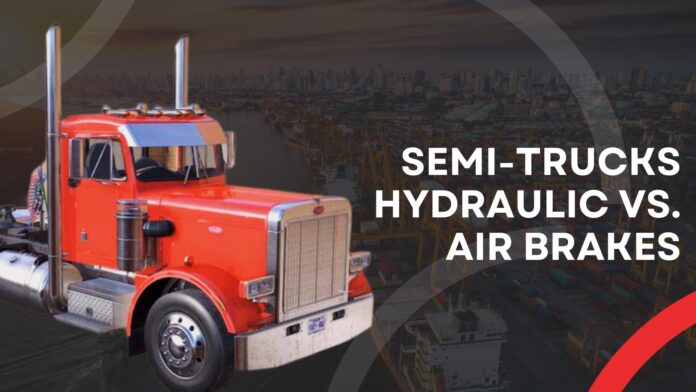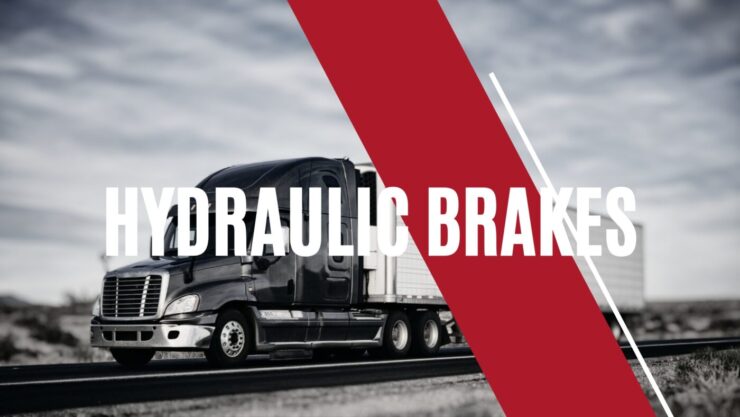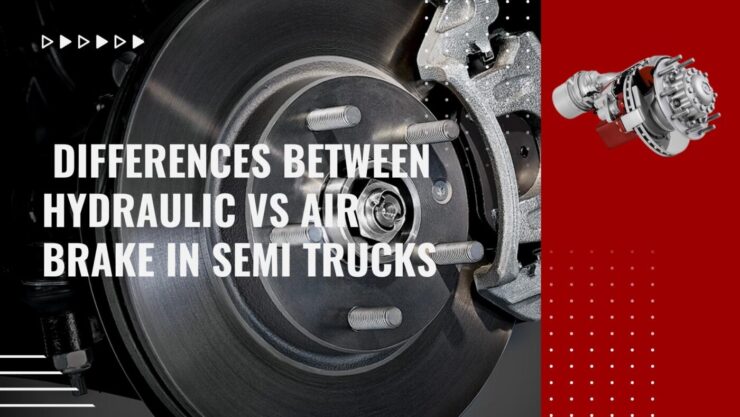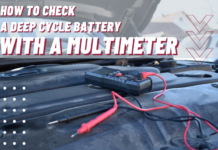
Having an excellent braking system is a necessity for any vehicle. The braking system denotes the truck’s safety, operational expenses, price, and driver pool availability. Many people tend to choose the wrong system, and later they find it difficult to work with.
Before getting the perfect braking system for your semi-trucks, you should do research so that you don’t have to regret it later.
Semi-trucks mainly use two categories of braking systems, and they are Hydraulic brakes and Air brakes.
Each system has its respective functioning procedure that helps the driver to drive the truck effortlessly. So, if you want to equip quality hydraulic and air brakes into your truck, check www.maximinc.com to ensure the proper fit and part for your truck.
What are Hydraulic brakes in semi-trucks?
Hydraulic brakes use oil as fuel to power the brake. The brake works when the truck driver pushes the brake pedal, thus causing the fluid to rise and where the pistons of the wheels intend to force against the drum.
It causes friction between the whole system and enables the truck to gradually slow down and stop.
Not only semi trucks but even smaller vehicles use Hydraulic brakes. It is best to use on lighter semi-trucks. The finest example will be the delivery trucks.
Pros:
- Higher mechanical advantage
- No engine power is required
Cons:
- Complex to construct the parts of the brake
What are Air brakes in a semi-truck?
By looking at the word Air brake, we can already assume that it is related to air. So, in simple terms, we can say that the Air brake uses air as a fluid to power the truck brakes. The air pressurizes the air tank, thus helping the brakes to release.
In air brakes, the air is the star of the system. When the driver pushes the brake pedal, the air gets filled inside the brake chamber. Then, the brake pads work against the brake drum and stop the vehicle. It is the system of working out with air brakes.
Pros:
- Easier to construct the parts
- Never runs out of operating fuel
Cons:
- Expensive
Top 8 Differences Between Hydraulic Vs Air Brake in Semi Trucks
The distinctive characteristics of Hydraulic and Air Brakes in Semi Trucks have been discussed below. The differences will help you understand the brakes properly so that you can choose which one to use for effective functioning.
Operating Fuel
There are different operating fuels for each brake. We can see that Hydraulic brakes use oil to operate their functionality. The oil boosts the overall functioning smoothly.
Air is the main component for Air brakes. Air helps the brake pads to pressurize the pads work against the brake drum. The whole chamber should be filled with air for a smooth stoppage.
Power
Less power is generated by the Hydraulic brakes. This causes an immediate effect of stoppage, which can be harmful to heavier loads on semi-trucks.
Air brakes are powerful since air helps to pressurize the chambers. These brakes are more effective while carrying heavier loads. Air can store more energy. The storage of air inside the tank allows the driver to sudden pullouts.
Lubrication
Lubrication makes the systems functioning easier and smoother. In Hydraulic brakes, oil is used as its operating fuel; therefore, the system creates lubrication. You need extra lubricant for smooth pullouts. The oil keeps the parts moisturized and intact in its place.
Air is compressed inside the Air brake system. It does not allow the system to have self-lubrication. It will require external lubrication for the system to function. The compressed air is produced from time to time while using the brake pads.
Expense
Smaller and more compact systems are easier to set up and maintain. Therefore, Hydraulic brakes are smaller and cheaper than air brakes. The parts are inexpensive, and you only need to pour oil from time to time to run the system.
Air brakes require more attention as they are expensive to set up as well as maintain. These brakes require regular suction to remove moisture from the system. Thus, they are more expensive.
Sound
The oil helps the Hydraulic brakes to maintain lubrication or moisture in general. It helps the system to have a soundproof stoppage.
Air is filled exceedingly inside the air tank of the Air brake system. So, when the driver pushes the brake pads, we can hear a sound that is caused by the intense pressure on the brake system.
Malfunctioning
The semi-trucks that use Hydraulic brakes are more prone to unfortunate malfunctions. Since oil is the main component for running the system, sometimes it may intend to leak. In such cases, the brakes might stop working or can lose their grip, and that may cause a severe malfunction.
Since air is filled inside the tank of the Air brake, and as such, it does not require any extra pressure. Thus, it has a lesser chance of malfunctioning. Only regular suction of moisture from time to time can maintain the functioning of the system.
Discover the implications of choosing pre-owned components on your car’s resale value is essential, as explored in our article.
Energy
The Hydraulics brake system cannot provide energy for immediate stoppage. Sometimes even after pushing the brake, the driver may lose their grip.
Because of air, the whole system is dependent upon it. Therefore, it enables the provision of faster and heavier energy for the immediate stoppage.
Weight
Semi trucks are not that heavy as compared to big trucks. But that does not mean you can load tons of weight on the semi-trucks. For that service of Hydraulic brakes, the average weight should be between 26,000 – 33,000 pounds GVWR. More than this average weight, the truck can lose its control.
Air brakes are built in a way that they can carry heavier loads. The truck weight can exceed the range between 26,000 – 33,000 pounds GVWR. Air brakes can easily stop the vehicle even after a heavy load.
Both hydraulic and air brakes have distinctive features that make them more or less empowering. But, what you should consider the most is their safety and pricing. Every truck’s specifications vary, so choose the kind of brake that fulfills your requirements.








